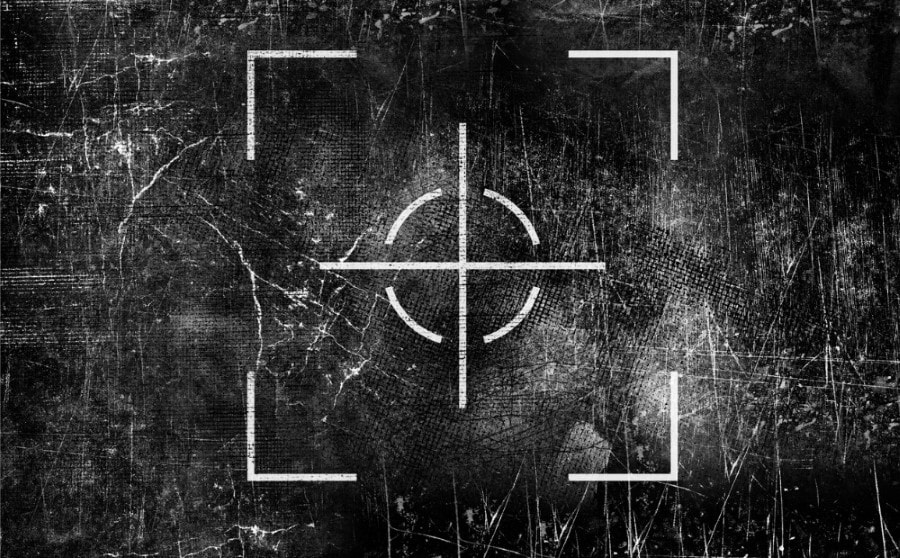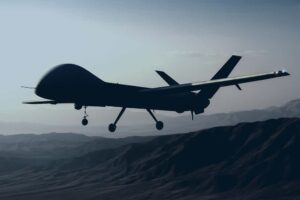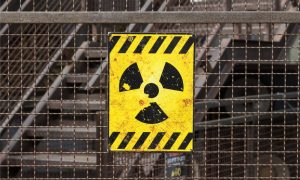
Armed drones reportedly attacked a sensitive Iranian military site in Isfahan, triggering several explosions. The attack badly damaged an advanced weapons facility, intelligence officials told The Jerusalem Post.
Iranian sources claimed that the strike only caused minor damage. However, the intel sources said that the attack was devastating.
Separately, American sources told Saudi channel Al-Hadath that the US carried out the strike in collaboration with another country that is not Israel. The drones targeted a stockpile of Iranian ballistic missiles, the report said.
However, unnamed US officials later told the Wall Street Journal that Israel carried out the attack.
Mossad was likely involved in planning and executing the attack in cooperation with other partners, military journalist Ron Ben-Yishai wrote. He estimated that the strike targeted new Iranian weapons and possibly Iran’s hypersonic missile program.
Meanwhile, some Iranian sources blamed Israel for the attack. Notably, CIA chief Bill Burns just visited Israel and met with Mossad director David Barnea. The Israeli spy agency is expected to intensify covert action against Iran in 2023.
Regardless of whether Israel participated, the strike exposes three major problems for Tehran:
Iran’s weak defenses
1. US involvement indicates very bad news for the Iran regime. Tehran’s decision to closely align itself with Moscow and arm the Russian army could instigate a strategic disaster for the Iranians.
The military alliance with Russia places Iran firmly on the US radar. Tehran, previously seen as mostly a regional problem and a nuisance for the West, is increasingly turning into a truly global threat.
The Americans largely avoided military action against Iran, but the drone attack could signal a significant change. US military power is enormous and utilizing it against Iran will dramatically escalate the danger to the regime’s most valuable assets.
2. So far, most attention focused largely on Iran’s nuclear program. But the latest attack signals a possible shift in focus to Tehran’s conventional weapons.
The Iranians have a large military industry spread across the country at numerous locations. Many of them are vulnerable to attack as Iran does not have the means to install strong defenses at every site.
A US or Israeli decision to expand attacks on Iran’s military industry spells big trouble for Iran’s military planners. At this time, they lack both the means and resources to deploy effective defenses.
3. The drone attack highlights the quality of intelligence possessed by Iran’s rivals, as well as Tehran’s own intel weakness. The Iranians have been deeply penetrated by their enemies, while knowing very little about plans to attack them.
Multiple operations on Iranian soil in recent years already exposed the fragility of Tehran’s security and intelligence networks. The latest blow makes it clear that Iran’s ability to collect information on strategic and operational planning against it is very limited.
Meanwhile, Israel continues to obtain pinpoint intel about Iranian actions at home and abroad. The Israeli Air Force regularly bombs targets in Syria and elsewhere, while Mossad reportedly strikes in the heart of Iran with alarming frequency. With the US and its vast intelligence capabilities in the picture, things will only get worse for Tehran.
And on top of everything, the US and Israel are testing plans for a strike on Iran’s nuclear program.


